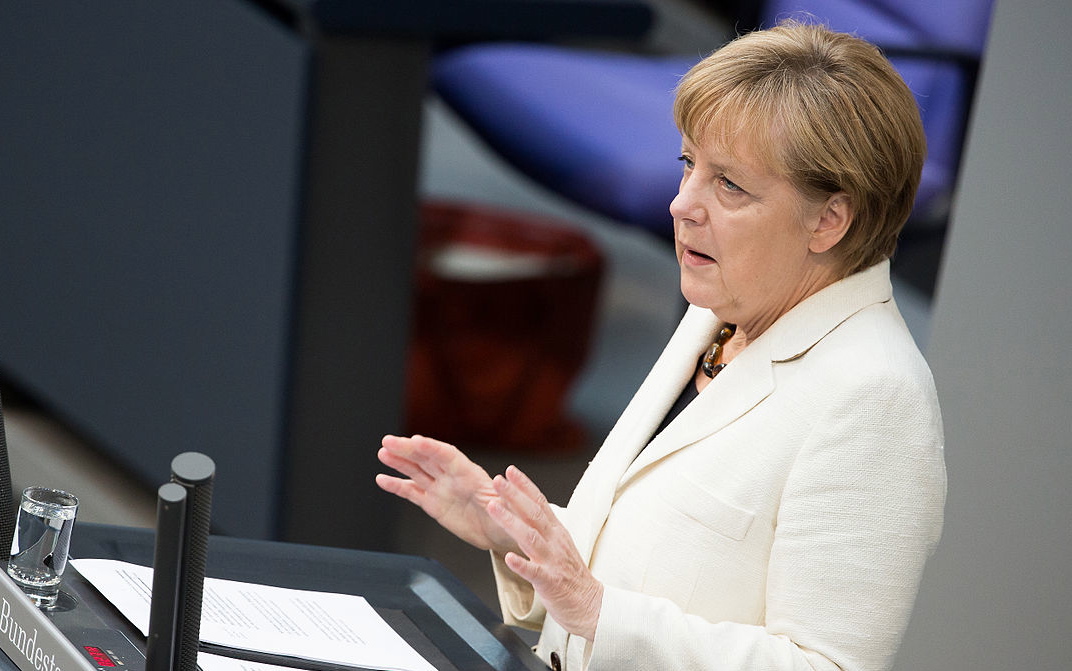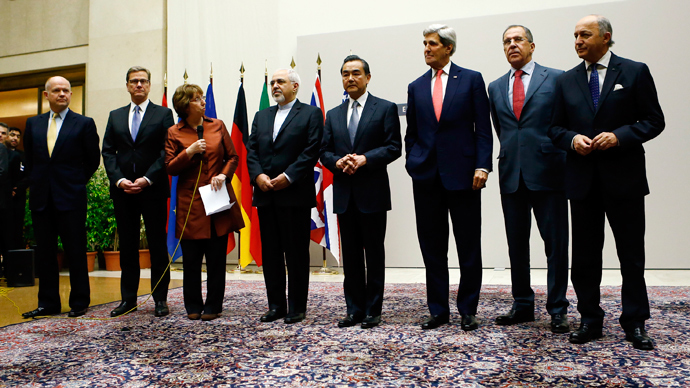On Monday, May 9, 2016, the Greek parliament under Prime Minister Tsipras instituted some of the most extreme austerity measures through pension and tax reforms since the beginning of the crisis in Greece. The reforms will raise income tax for high earners, lower tax-free thresholds; introduce a monthly pension of only €384; and phase out benefits for poor pensioners. Opposition leaders have described the reforms as a complete deconstruction of the pension system, but Greece has little room to negotiate with the demands of its lenders.
False reports of growth are especially worrisome, as Yanis Varoufakis claims. The former anti-austerity Greek Finance minister, explains that the International Monetary Fund (IMF), the European Central Bank (ECB), and the European Commission’s (EC) claims that first Greece and then Cyprus had recovered were based on bad metrics. Varoufakis says that the reports rely on real national income, a metric which measures the ratio between a country’s total money income when it is adjusted for the changes in prices. For example, you might gain 9% on your income, but if prices went up 8% on average, you only really gained 1% in income. This doesn’t apply to Greece, Cyprus, and many other poorly performing economies in Europe because they are going through a deflation of prices and not an inflation, meaning average prices are falling. But shouldn’t a fall in prices be good? Yes, if its not accompanied by a fall in income. It doesn’t really matter when something costs less if you have less money to pay for it.
Even if the prices decrease more than the national income does, which would mean a relative gain in national income, interest rates and debt levels do not decrease. This means less disposable income to go towards paying down debt and interest. In a country where Household debt represents 115% of disposable income, this is a recipe for disaster. The government will also find it increasingly difficult to collect further taxes in a country where people are strapped for cash to pay off even their own debts, and where initial fiscal ineptitude was the root of deeper economic problems.
Which broaches the question: Are the IMF, European Central Bank (ECB), and Eurozone’s loans and programs working to help Greece? When the data is investigated, the answer seems to be a resounding, “No”. Targeting government spending only begins to address the problem of public debt, and not the rampant unemployment in the country. The European Commission claims policy changes could unlock wealth, up to €35 billion, to invest in people. The European Fund for Strategic Investments contained €75 of €315 billion for small and medium sized enterprises (SMEs) between 2015-2017. These funds, dispersed through local financial institutions, were a huge missed opportunity for the Greek government’s poorly managed finances and banking system as none were disbursed in Greece. The 3.5% budget deficit requirement and the payback of debts in Greece now represents a situation that the IMF’s managing director, Christine Lagarde, in April described as being achievable by only a “really heroic effort” on the part of Greece and the Greek people.

The IMF and ECBs strategies, however much they may market alleviating Greece’s plight as their target, are more concerned with calming the Eurozone’s lenders, stabilizing the financial environment, and handling the increasing internal anger at the bailouts. The EU periphery states (which include Greece, Spain, Italy, and Portugal) are areas of serious financial concern for the monetary union. Following the 2008 financial crisis, these tourism heavy states with considerable fiscal mismanagement were hit hard and many banks started facing the issue of an increase in poorly performing loans. This was not much different from many other countries at the time, but these economies also had relatively low levels of GDP and wealth compared to other EU states making it much harder for them to absorb the impact. This caused fear in the financial markets, and in turn resulted in investors and people pulling their money out of banks and shaking the fiscal foundations of the country, otherwise known as capital flight. In a monetary union like the EU, where there is a shared currency and economic system, the mass exodus of capital from one economically weak country could cause a chain reaction in other weakened economies when the ECBs bond buying program cannot keep up with the rate at which money is leaving the nation. At one point this figure was estimated at €2.0 billion per day.
The current situation represents a much more worrying situation for the political climate of the EU. While the ECB and IMF may see these austerity measures as necessary for the protection of the union’s shaky fiscal position, the use of austerity measures and policy changes as a requirement for accessing debt relief funds paints a grim picture for other poorly performing European economies. Furthermore, for a people who have benefited from decades of lax tax policies and higher retirement benefits austerity is showing to be a hard pill to swallow. Their inability to do so could make the situation about more than just Greek austerity, but also Europe’s views on the bailouts. With right wing nationalist parties gaining popular traction, countries like Austria, the Netherlands, and the Baltic states are taking a more hardline approach. The Greek people are losing sympathy amongst their fellow Europeans, who increasing see themselves as paying for an irresponsible people’s actions. The closing of the Macedonian border to refugees, leaving beleaguered Greece in charge of some 36,000 migrants when it can’t support its own people only worsens these tensions. With the Brexit referendum looming and migrant issues compounding into nationalist movements, the European Union could find itself in a real crisis.
Economic Data Courtesy of OECD (https://data.oecd.org)
Photo Courtesy of Ggia, Wikicommons
Disclaimer: Any views or opinions expressed in articles are solely those of the authors and do not necessarily represent the views of the NATO Association of Canada.




